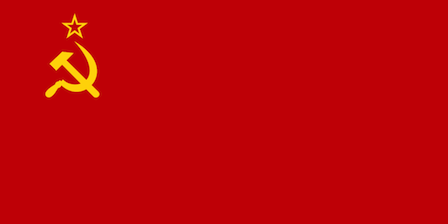


Bi-Polar Conflict
The Cold War had a pivotal effect on the prolonged Angolan War for Independence and Civil War. The revolutionary groups in Angola were divided on a world stage.
The Soviet Union established relations at the beginning of the 60s. Khrushcev visited Angola in 1959. The Soviet Union established a strong relationship with the MPLA, supplying them with high power military equipment and funding. This gave the MPLA a large, strategic advantage over UNITA-ultimately leading to its success.
The United States supported the FNLA and UNITA to oppose the Soviet Union's support of the MPLA. The United States began to supply the UNITA with arms which prolonged the civil war struggle.
Multi-Polar Conflict
In addition to the bi-polar conflict illustrated through the United States and the Soviet Union, other powers played an important role in Angola.
South Africa was involved in the Angolan Civil War. South Africa supported UNITA along with the United States. South Africa wanted to cool off protests for Namibian independence in the region. When the Civil War became more heated and UNITA drew more attention, South Africa drew away its support for UNITA.
China played an important role in revolutionary leaders subscribing to a Maoist doctrine of communism. In addition, after the Civil War, China has provided support for many infrastructure projects in return for larger petroleum access..